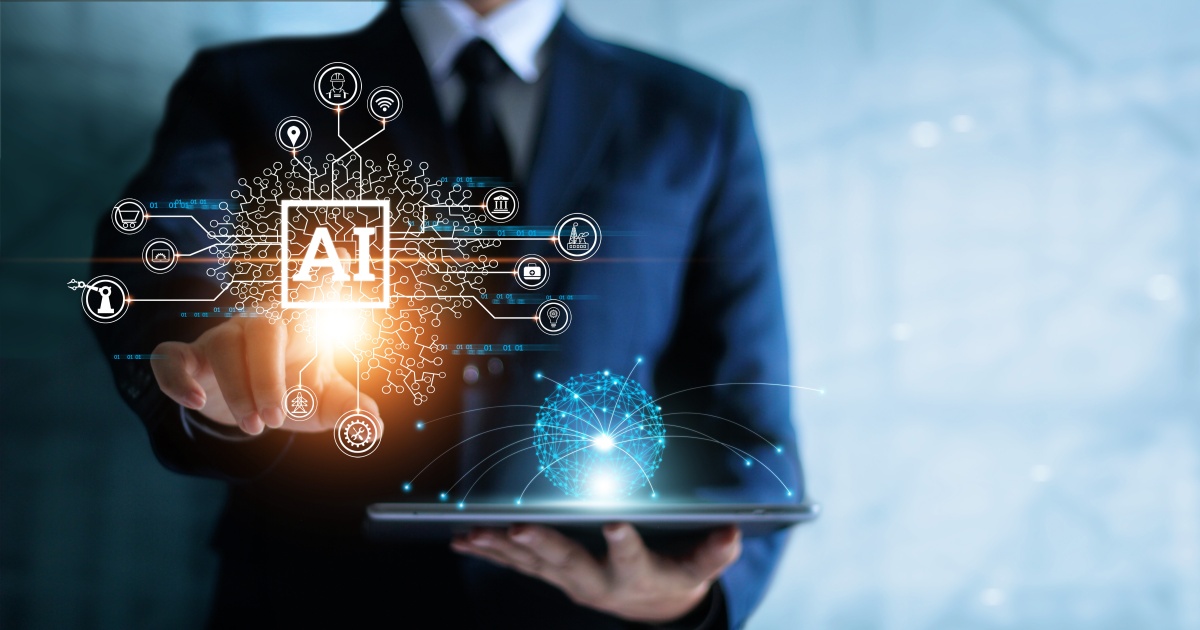
AI is transforming life and business by pushing boundaries and redefining what’s possible in today’s complex world. Think of chatbots, conversational AI and, more recently, generative AI.
As technology continues to evolve, companies need new ways to create more efficiencies and prepare for the future of work with machine intelligence. Over the past decade, within human resources and workforce management functions, leaders focused on strategic workforce planning to understand the skills and talent needed to perform future work.
Barbara Steel, managing director, people advisory services, EY, spoke at the 2023 Future of Work Expo in Ft. Lauderdale, Florida, to discuss the future needs of organizations concerning workforce management and AI.
Steel started off with trends in the workforce, such as the retirement cliff, attracting the next generations, transformation projects and citizen expectations.
“It’s a different world, so how does one navigate?” Steel asked. “Companies need to balance baby boomers with millennials and Gen Z.”
As to how AI pertains to work, Steel focused on how AI is leveraged in the recruitment phrase and the onboarding process through something that is called robotic process automation. For those not familiar with the term, RPA is a virtual workforce that completes manual repetitive tasks with reduced error handling, operates 24/7 and sits on top of existing application architecture.
“It is challenging to handle the volume of applications,” said Steel. “Being able to leverage AI gives the ability to read through resumes by the thousands.”
What happens when people are coming into the organization?
Steel shared a video that demonstrated the process of bringing in a new hire. It showed how virtual workforces perform tasks such as sending emails, the new hire completing their paperwork and their information being put into the system, things that were traditionally done by humans.
Steel then continued with the AI benefits in HR.
“Rather than having your team and valuable resources spent on repetitive tasks, they can now spend time on what is needed, that human interaction,” said Steel. “It is critical to have that recruitment team to be utilized more for that experience.”
Edited by
Greg Tavarez